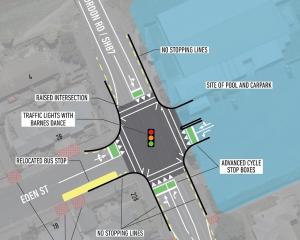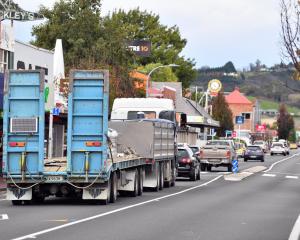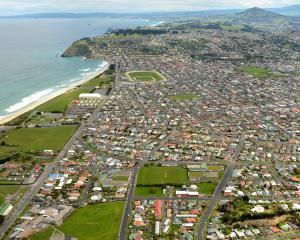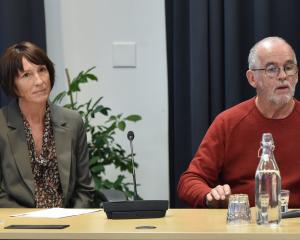Concerns about the health risks of more than 20 cats and their faeces in a small densely-occupied South Dunedin neighbourhood have led the Dunedin City Council to serve a cleansing order on the woman who feeds them.
Since January, the Dunedin City Council has been monitoring the situation in Cuttence St after neighbours complained about accumulating cat faeces, flies and the smell.
Control animal control officer Wayne Boss said staff had been visiting the property and had seen 20 or more cats per visit and "faeces everywhere".
"There is a serious health risk there."
They had witnessed Gaynor Collis feeding the cats and had written to her about the problem but had made no progress.
The council issued the order on Monday, asking her to cease feeding the cats and clean up the faeces.
It had also hired a pest contractor to begin trapping the cats, which would be delivered to the SPCA.
"We hope to try and improve the immediate situation."
However, Mrs Collis was adamant she would continue feeding the cats and called on the council to take responsibility and subsidise the cost of neutering cats for low-income families.
She had been feeding stray cats for many years after seeing some with rib bones showing, Mrs Collis said.
She had four cats of her own.
"I cannot watch an animal starve to death. Why should I?"
The cats mainly came from a derelict house behind her flat and caused no trouble despite her neighbours' concerns, she said.
Having the council inform her that she would receive the bill was outrageous, when the SPCA did it for free, she said.
SPCA executive officer Phil Soper said there had been ongoing issues with stray cats in the South Dunedin area and he did not recommend anyone feed strays, as it only attracted more.
The SPCA had recently trapped 26 stray cats in the neighbouring derelict property but when it failed to catch more, removed the traps fearing the cats had become trap shy.
"We tried to reduce the population in the area while not taking away people's own cats."
Part of the problem was the density of housing in South Dunedin combined with irresponsible owners who did not take care of their pets, he said.
The cats Mrs Collis was feeding probably had five or six feeding stations over a wide area, he said.
The SPCA was doing what it could with its limited resources, he said.
"Our staff have put in long hours to try and resolve the issues."












